5 Steps to a Career in Financial Services Industry
Introduction
Innovation and novelty drive the modern world. A decade ago career choices were limited to doctors, engineers, lawyers and government jobs.
Most sought after jobs today didn’t even exist five years ago, and what may exist 10 years down the line, is quite enthralling in itself. Most B-schools these days offer PGDM courses in several streams that are customized to the present-day needs of the industry. These courses are well accepted by most companies and therefore attract a large number of students. This article will introduce us to the ways one can enhance the chances of recruitment in Financial Sector while doing PGDM / MBA in Finance. The various skills and certifications which can give a boost to the career in Finance are also discussed.
Ways in Which Management Students Can Make Their Career In Finance.

I. Use your existing skills and experience as per the requirement of the industry.
There are various entry-level gateways in any domain of finance, be it Insurance, Mutual Fund, Banking etc and they are all different, so it’s important to know where you want to go as early as possible. This will help the aspirant to target the job search documents, choose which employers to target and plot out their career path accordingly.
From here one can figure out how the skills and experience might transfer to that type of role.
Always remember that all the experiences are related. If one has work and volunteer experiences in retail, food service or camp counseling, then don’t think that they aren’t applicable to the Finance industry. “Believe it or not, they are. “The customer service and problem-solving involved in each of these is definitely something one can use in any industry area.
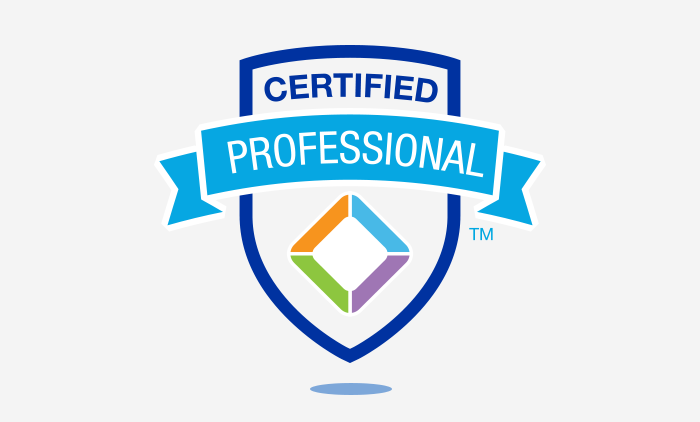
II. Work toward attaining professional certifications.
Certifications and licenses are dependent on the role in which the candidates are interested in, but students should consider taking two or more courses toward the add-on certifications in each area they wish to join in. Below is a list of certification which freshers can plan to prepare and score in for the desired job placement.
Finance aspirants can power their career with the help of following certifications.
| S.No | Industry | Certification |
| 1 | Mutual Fund Industry | NISM Certifications |
| 2 | Non Banking Financial Companies | NCFM Certifications |
| 3 | Banking Industry | FLIP Certifications |
| 4 | Insurance Industry | Insurance Institute of India Examinations
|
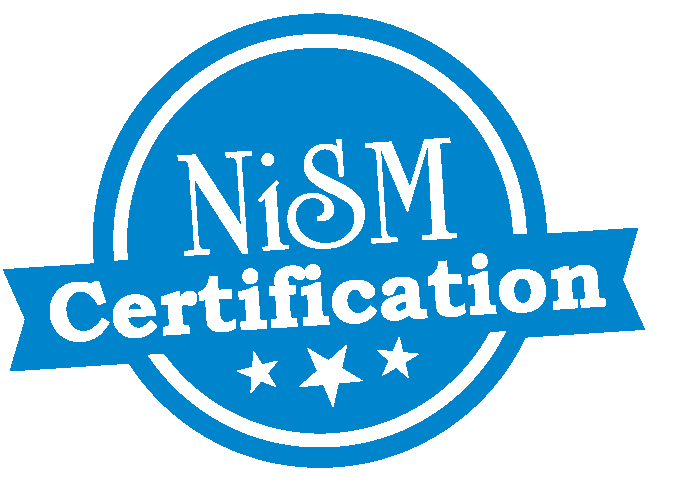
- NISM Certifications
NISM helps the market participants of India to develop their financial skills to the right level and expertise. This helps them to provide high-quality service and actions to anyone who wishes to invest in the financial markets. With the knowledge gathered through various courses and certifications conducted by NISM, they are able to help the investors to make informed decisions about how to invest their money.
Modules in which freshers can appear are:
- V-A Series
- X-A Series
- X-B Series
For details visit http://nism.ac.in/certification/index.php.
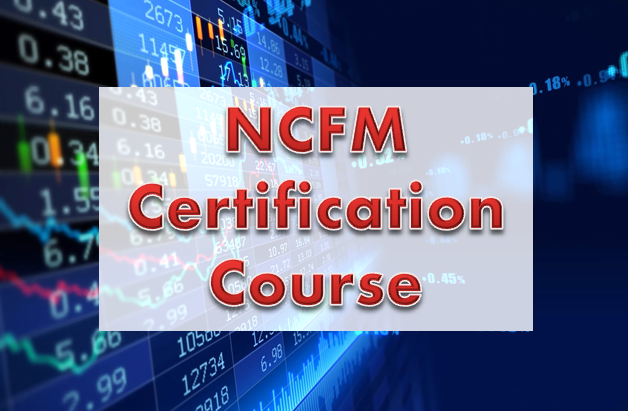
- NCFM Certifications
NCFM is a nationally recognized certification which is mandatory for various professionals in capital markets in India. Individuals aspiring to enter the financial services industry in India have better prospects if they first get the NCFM certification.
NSE India provides the opportunity of NCFM certifications to the aspirants.
NCFM offers a comprehensive range of modules covering many different areas in finance.
- Foundation Module
- Intermediate Module
- Advanced Module
For Details Visit https://www.nseindia.com/education/content/nse_certification.htm

- FLIP Certifications
FLIP’s programs are written by working senior professionals who have intense practical expertise. That’s why most Private sector banks and NBFCs use FLIP courses, for induction and employee training. FLIP has been awarded global award for e-learning quality.
It has got Powerful Industry Recognitions.
Some of the Popular FLIP Certifications are:
· Branch Relationship Manager Program
· Branch Sales Officer Program
· Consumer Lending
· Corporate Banking, RM and Credit Analysis
· Excel and PowerPoint for Professionals
· Finance and Banking Fundamentals
· Investment Banking
· PE, M&A and Structured Finance
· Research Analyst
· Risk Management
· Smart Banker Program with Finacle
· Technical Analysis
· Treasury and Capital Markets
· Wealth Advisor
For more details visit https://www.learnwithflip.com/
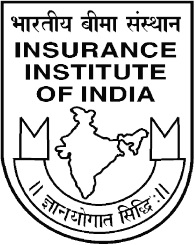
- Insurance Institute of India Exam.
- Licentiate
- Associate
- Fellowship
Licentiate exam is an introductory course, Associate-ship is a specialization course consisting of 5 technical subjects and one common subject and Fellowship is the highest exam and involves advanced studies of the prescribed areas.
For More details visit: https://www.insuranceinstituteofindia.com
Once a candidate is hired, many employers support their workforce in completing the professional education required to excel in their career. This can be in the form of tuition assistance, salary bonuses or paid time off.”
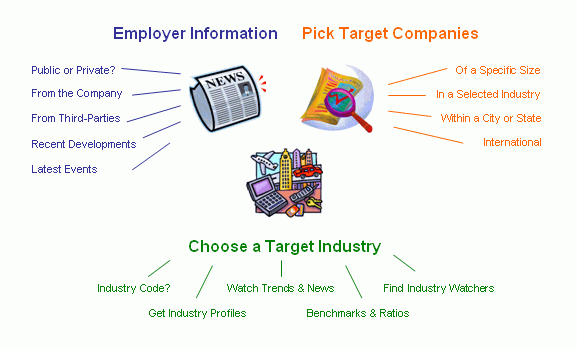
III. Research about the Industry and Employer
There are many different types of companies, so take some time to research each one and find out which of the beginner “gateway” roles they have for students and recent graduates.
When you apply for a job, make sure you clearly identify your goals and the position for which your education and experience is relevant.
It is really important to demonstrate to a potential for any industry
“Essentially, connect your career dots – don’t leave anything for Employers Imaginations.”
IV. Prepare For the Job Interview
Preparing for a job interview in Finance is all about research. A little preparation for the interview will go a long way! Research the role, the company and the industry.”
- What are some of the current trends for the industry as a whole?
- What role would the position you’re applying for play in the organization?
- How is this company structured?
- What are its areas of specialty?
Familiarizing yourself with the terminology is also very important. All of this information is available in industry publications or on company websites.

V. Build Your Network
There’s a good chance you’re already connected to at least one finance professional through your car insurance, tenant or home insurance, or through your parents or any bank official curtsy, the bank accounts your family owns and Mutual Funds which are purchased for investments by family.
Due to this we already have a network formed around us. One doesn’t have to start from scratch. “Ask questions from them and indicate your interest in the industry – you never know who they know and can connect you to.”
From there, you can branch out and develop new connections by attending professional and social events in the industry and on your campus. “Though it may not get a job that day, it plants seeds and introduces you to people who you can follow-up with later on.”
